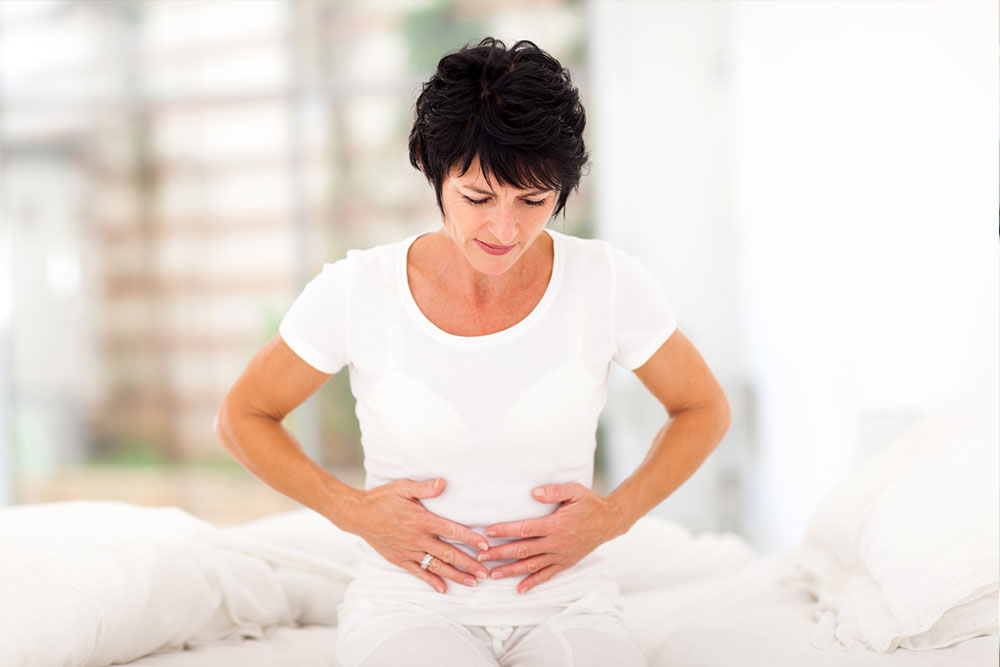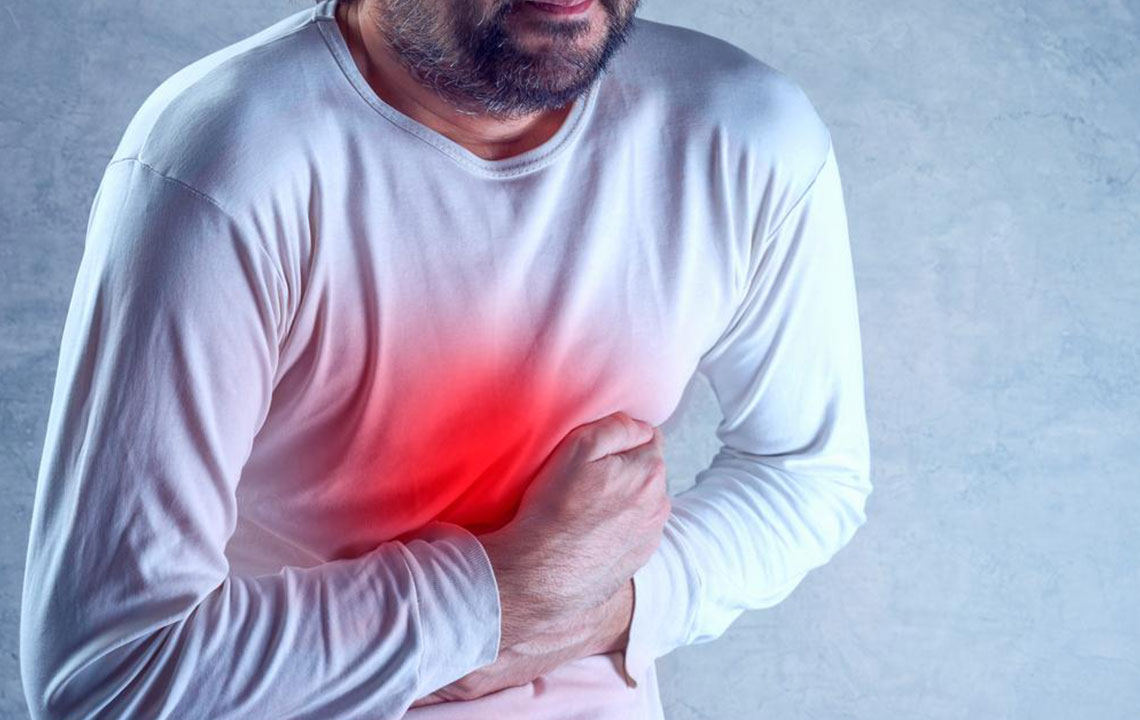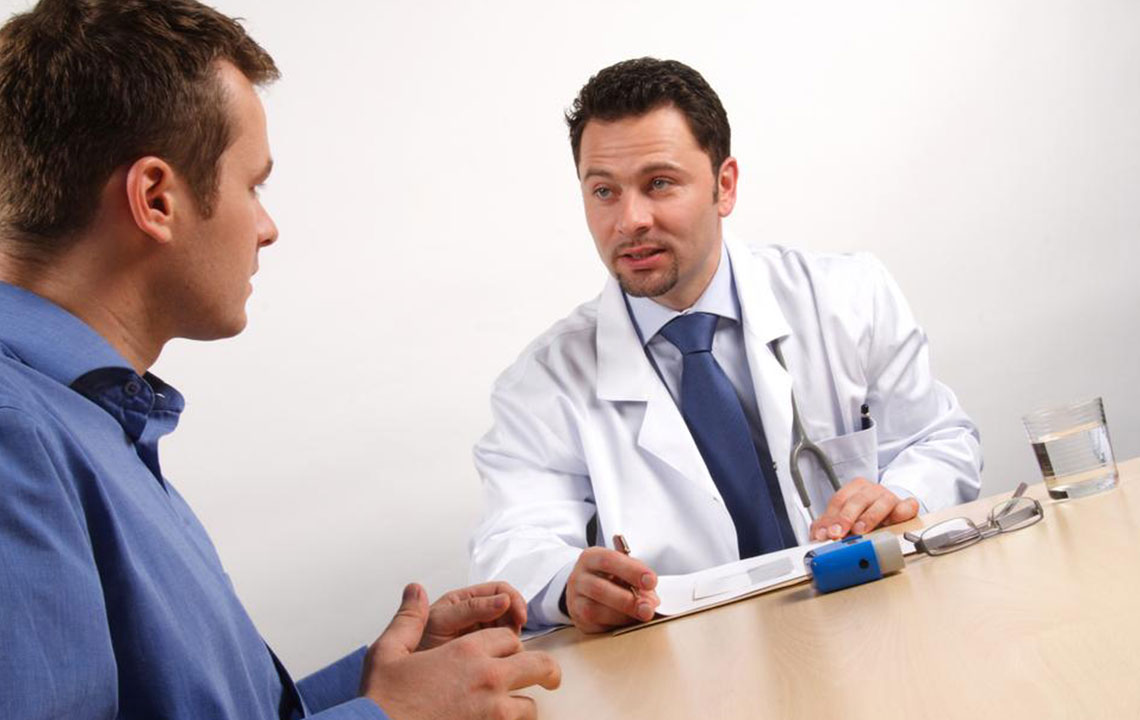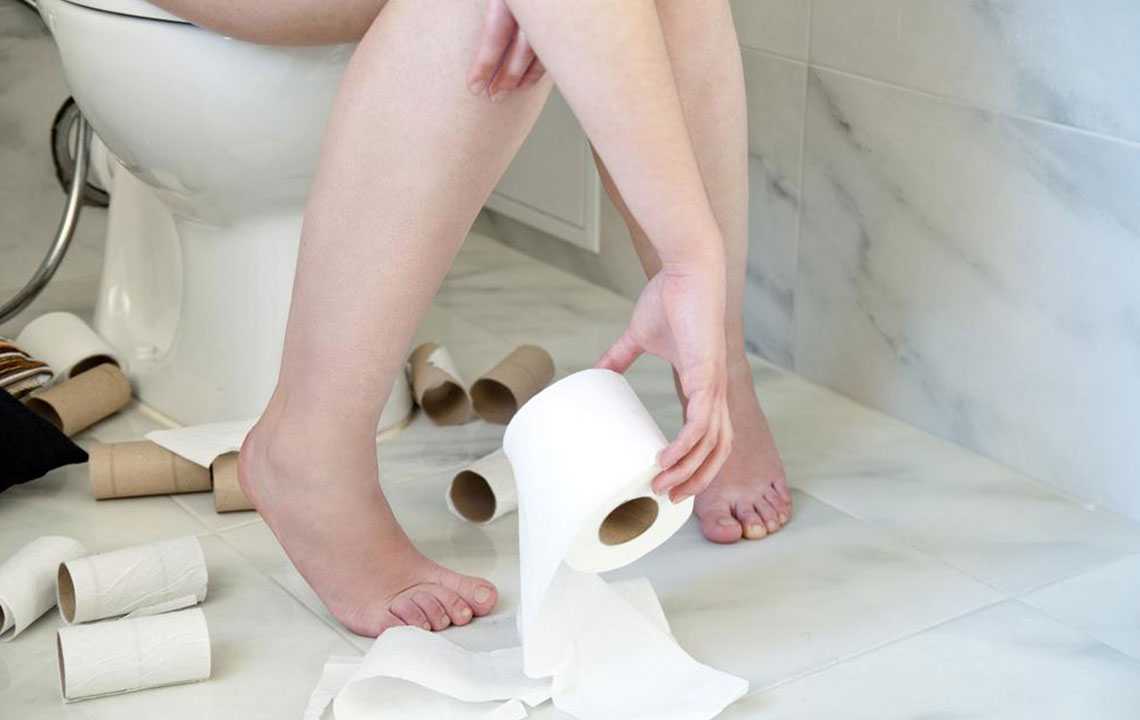Effective Strategies for Managing External Hemorrhoids
Learn about effective home remedies and medical options for treating external hemorrhoids. From dietary changes with high fiber foods to advanced procedures like hemorrhoidectomy, find practical solutions to relieve symptoms and manage this common condition efficiently. Always consult a healthcare professional for persistent issues.
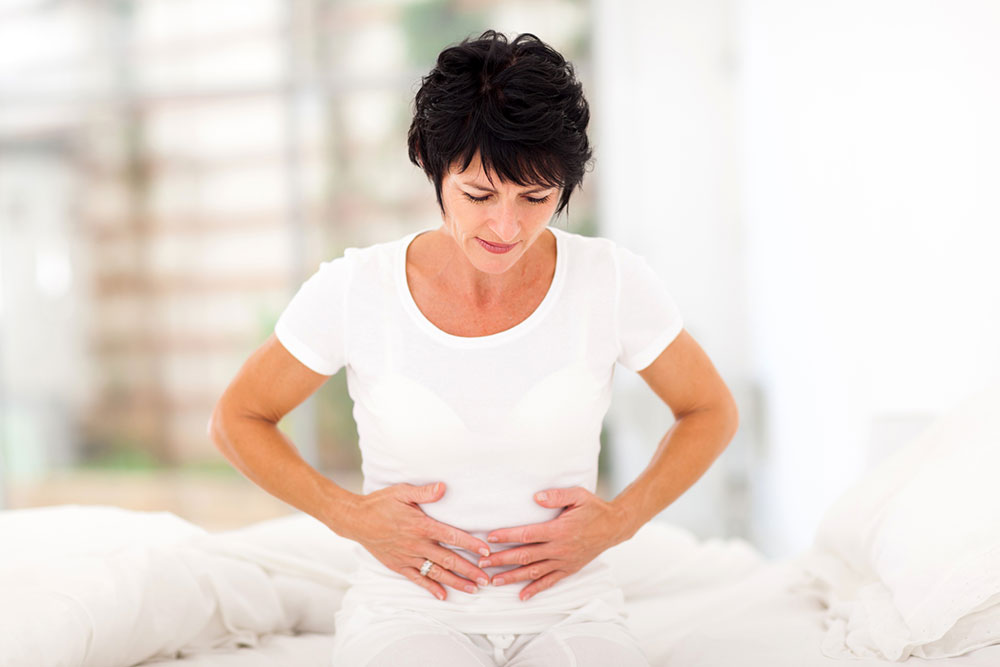
Effective Strategies for Managing External Hemorrhoids
External hemorrhoids, or piles, develop outside the anal canal, causing symptoms like bleeding, itching, and discomfort. They occur when veins around the anus swell and inflame due to increased pressure in the lower rectum. Common causes include prolonged sitting on the toilet, obesity, anal intercourse, low-fiber diets, straining, pregnancy, and poor posture.
Here are some home-based remedies to alleviate hemorrhoid symptoms:
Consume High-Fiber Foods
Incorporate fruits, whole grains, and vegetables into your diet to soften stool and promote easier bowel movements, reducing strain and preventing worsening symptoms. Increasing fiber also helps reduce gas and bloating. Remember to drink plenty of water and limit caffeine intake.
Aloe Vera, with its anti-inflammatory properties, has been used traditionally to soothe hemorrhoids. Use pure Aloe Vera gel by harvesting from an Aloe plant’s leaves. Test for allergies by applying a small amount to your forearm and waiting for 24-48 hours.
Additional effective treatments include:
Witch Hazel
Known for its anti-inflammatory effects, witch hazel can reduce pain, swelling, and itching. Available as liquids or wipes, it provides cooling relief.
Cleaning the Area
Ensure the affected area is gently cleaned with warm water or moist towelettes. Avoid using dry, perfumed, or alcohol-based wipes to prevent irritation.
Applying Cold Compresses
Use cold packs or ice wrapped in cloth to minimize swelling and soothe discomfort.
Fibrous Supplements
Psyllium husk increases fiber intake, softening stool and easing bowel movements. Drink plenty of water when using this supplement, but avoid excessive fiber to prevent gas or cramps.
Epsom Salt and Glycerin Mixture
Mix two tablespoons each of glycerin and Epsom salts, apply to gauze, and place on the affected area for 15-20 minutes. Repeat every 4-6 hours as needed.
Thrombectomy
If a blood clot forms causing pain, seek medical attention. A doctor can perform a simple incision to drain the clot within 72 hours of onset.
Laser or Infrared Coagulation
Uses targeted light to shrink hemorrhoids by cauterizing blood vessels. Recurrence risk is higher with this method.
Sclerotherapy
Injects a chemical into hemorrhoids to harden tissue and cause shrinkage over 4-6 weeks. Avoid strenuous activity afterward.
Hemorrhoidectomy
Surgical removal of excess tissue offers a definitive solution, especially for severe or recurring hemorrhoids. Recovery may involve discomfort and temporary urinary issues.
Electrotherapy
Small hemorrhoids can be treated by inserting a device to deliver electric current, causing them to shrink as blood supply diminishes.
While some hemorrhoids respond to home remedies, persistent or severe pain warrants medical consultation. Always seek professional advice for proper diagnosis and treatment options.

